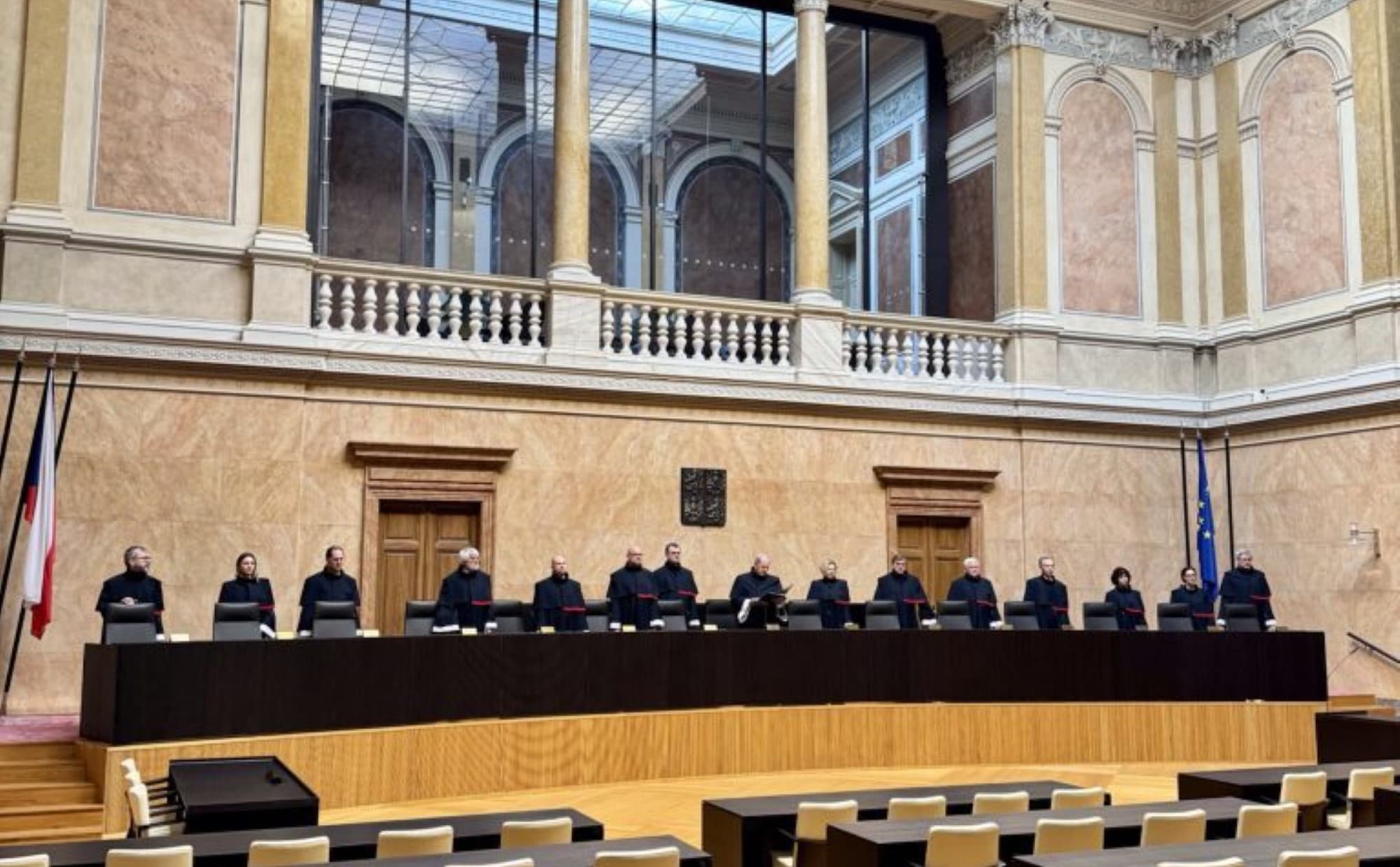Interference with municipal rights? Court rejects senators' proposal to repeal parts of consolidation package
10 \ 07 \ 2025

The Constitutional Court (ÚS) rejected a proposal by a group of senators led by Michael Canov (SLK) to repeal parts of the government's consolidation package. The group of 19 members of the upper chamber proposed repealing parts of the law which, in their opinion, contain inadmissible legislative amendments and restrict self-government. They appealed to the Constitutional Court with a proposal to repeal, for example, changes in the distribution of gambling tax, unclear definitions of built-up areas of municipalities, and hastily adopted amendments to the Accounting Act.
A year ago, senators pointed out violations of constitutional rules governing the legislative process and direct infringements on the rights of municipalities and the legal certainty of citizens. The contested parts of the law (No. 349/2023) were approved in the form of so-called legislative amendments—that is, without proper debate, outside the scope of the original bill, and without the possibility of comment. According to the petitioners, this violated the principle of the rule of law and the principles of transparent lawmaking.
"We submitted the proposal to the Constitutional Court because we were convinced that all the contested amendments were adopted in violation of the proper legislative process as legislative amendments. Unfortunately, the Constitutional Court did not share our opinion. Nevertheless, I would like to thank my fellow senators for their support and the PORTOS law firm for their professional preparation of the proposal and representation. Our work does not end here. We will continue to strive to ensure that laws are created in a clean, transparent manner and in accordance with constitutional rules," commented Senator Michael Canov on the outcome.
As Petr Michal, partner at AK Portos, says, the rejection of the proposal by the Constitutional Court does not mean that this real problem will disappear. “The fundamental issue of the inadmissibility of legislative amendments, which the Constitutional Court has repeatedly criticized in the past, remains open. We conducted the proceedings with the aim of defending the constitutional principles of the legislative process, the right of municipalities to self-government, and the legal certainty of citizens,” said Petr Michal.
The state will retain the revenue, the municipalities will bear the costs
The first area of dispute was the amendment to the Gambling Tax Act. It abolished the 30% share of municipalities in revenues from online and illegal gambling. These revenues served as compensation for the social and security impacts of gambling in municipalities. Now, the state retains all the revenue. However, the costs of prevention, social work, and the impacts of problem gambling are entirely borne by the municipalities.
The second contested part was the amendment to the Road Act, which changed the definition of a municipality's built-up area. As a result, municipalities lose some of their authority over their own territorial development. The new legislation restricts the possibilities for construction and business in the vicinity of roads without clear justification and consultation with the local authorities concerned.
The third problematic area was the amendment to the Accounting Act, the Auditors Act, and the Capital Market Act. Senators emphasized that this was a delayed transposition of a European directive (CSRD) and should have been properly discussed as a separate law. Instead, it was included as an amendment without a regulatory impact assessment (RIA) or public
From the website: Česká justice



